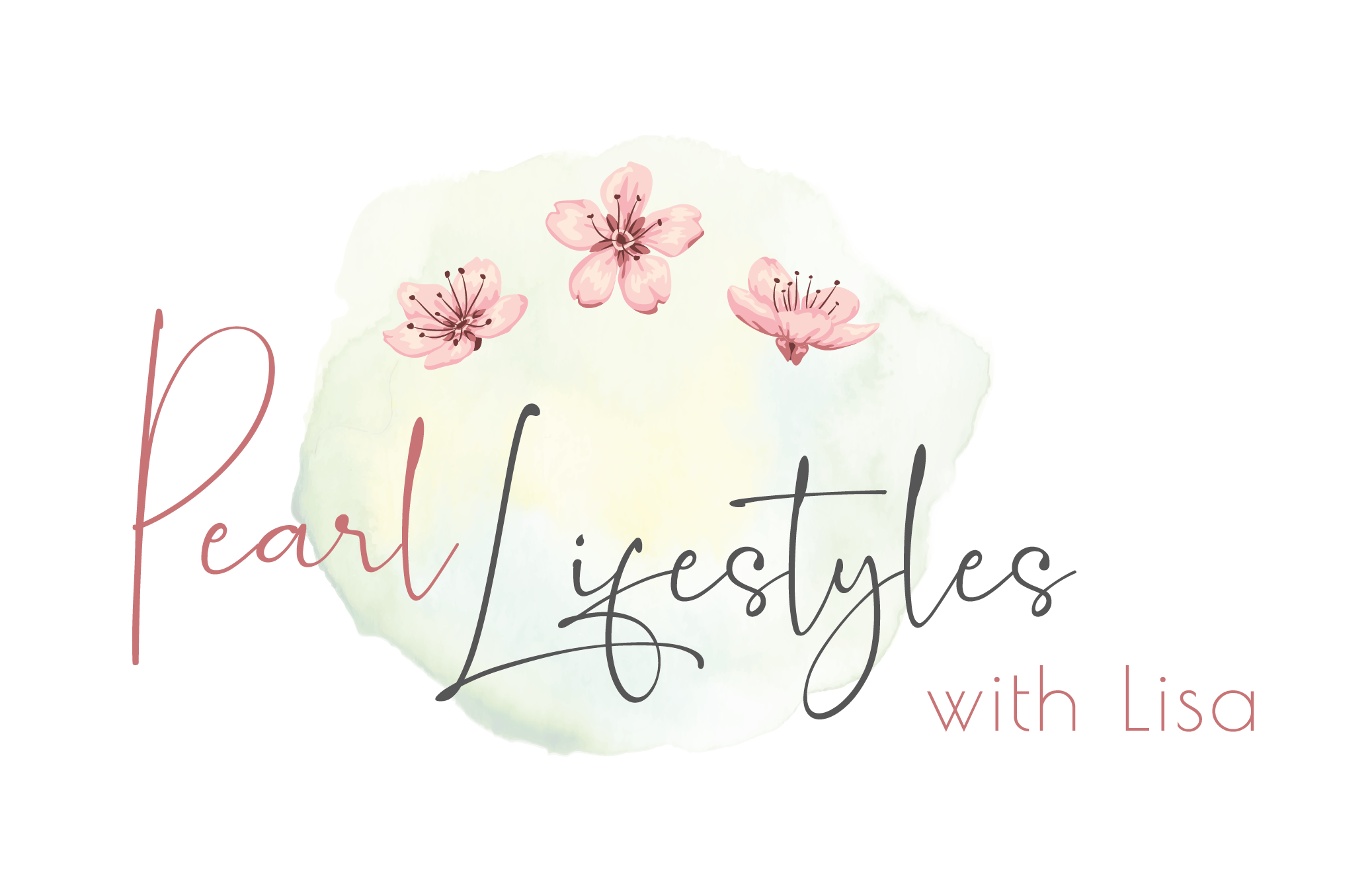Anger Is a Good Sign When You’re Healing From Domestic Abuse
Many of us have been brought up to believe that anger is a negative emotion that should never be let loose.
A lot of us have been on the receiving end of unhealthy anger that has spilled out in the form of physical violence or emotional attacks.
We see anger-fuelled conflict playing out throughout our lives and regular instances of uncontrollable anger that cause harm to someone (normally us) or something (often our belongings).
We live our lives in fear of anger because it brings with it some sort of pain.
When we leave an abusive relationship, we do everything we can to steer clear of it. Including the anger we start to feel within ourselves, as we work through our healing journey.
Anger is a normal, healthy emotion. It’s the reaction to it that can be unhealthy. And, feeling angry whilst you are healing from domestic abuse is a sign that you are heading in the right direction.
I speak to survivors, who are quite early on in their healing journey (less than a year) and many of them think their anger is a negative sign. They have been told for years they are crazy or mad and their anger is confirmation of that.
Or, they see anger and the resulting tears, as a sign of weakness, at a time when they are doing their best to stay strong.
But, anger is a sign you are much further along your healing journey than you realise. It can be a great way to start breaking the shackles you are still bound by.
It is perfectly healthy to feel anger about the situation you have found yourself in, the person who has mistreated you, or the hopelessness of everything.
It’s the releasing that needs to be controlled, not the anger itself.
I often refer to the Abraham Hicks, Emotional Guidance Scale to help them understand why anger is such a good sign in our healing journeys.
This emotional guidance scale represents a ladder of emotions, with Joy/Appreciation/Empowerment/Freedom, and Love all at number one.
We move up and down the ladder depending on our situation and our thoughts about it.
We have to move up and down the emotions gradually. For example, we cannot move from a place of worry (number 14 on the scale) to optimism (number five) in one go. That’s why telling someone to calm down when they are raging never works. The two emotions are too far apart.
Anger is number 17 on the scale, which is pretty low! But it’s the emotions below this that give our anger its blessing.
The emotions below are well-known to us survivors. We have lived with them for a long time.
Emotions such as;
Insecurity, guilt, and unworthiness.
And, right at the bottom of the scale, fear, grief, desperation, and powerlessness.
These emotions have weaved themselves into our normal state of being and are almost impossible to shake without a lot of inner work.
When we don’t do the work, there is a high risk of staying stuck in these low-vibration emotions, which increases our chances of depression and other mental health illnesses.
This is why our anger is such a great sign.
We are moving away from despair, fear, and unworthiness towards hopefulness.
There are a fair few steps between these emotions but we are definitely on our way up!
As with all emotions, we must pay attention to anger and allow ourselves to feel it fully, so it can be released. Otherwise, it will fester inside of us.
Anger helps us to identify there is a problem, motivates us into action, and highlights that something is going against our values, or that our boundaries have been compromised.
In a survivor’s case, it’s often the injustice about the situation we have found ourselves in or the frustration of wanting to be further along in our journey than we are (because it takes so much longer to heal than we expect).
I talk to women who are ANGRY — at their exes, the situation, themselves, and anyone/anything that is in the way of their freedom.
Many of us have learned how to hold back our tears, because we would just annoy our exes or because we think it shows weakness. But tears are a great way to release frustration, irritation, and anger.
It’s ok to cry, shout, scream, pound your fists, run it off, sweat it out — whatever way it works for you. As long as it is in a controlled manner, within a safe place.
If you try to keep it under wraps, you will stick at number 17 on the emotional guidance scale and hold yourself back from the joy, love, and happiness you deserve.
So, let the anger and tears flow, it’s a good thing!
